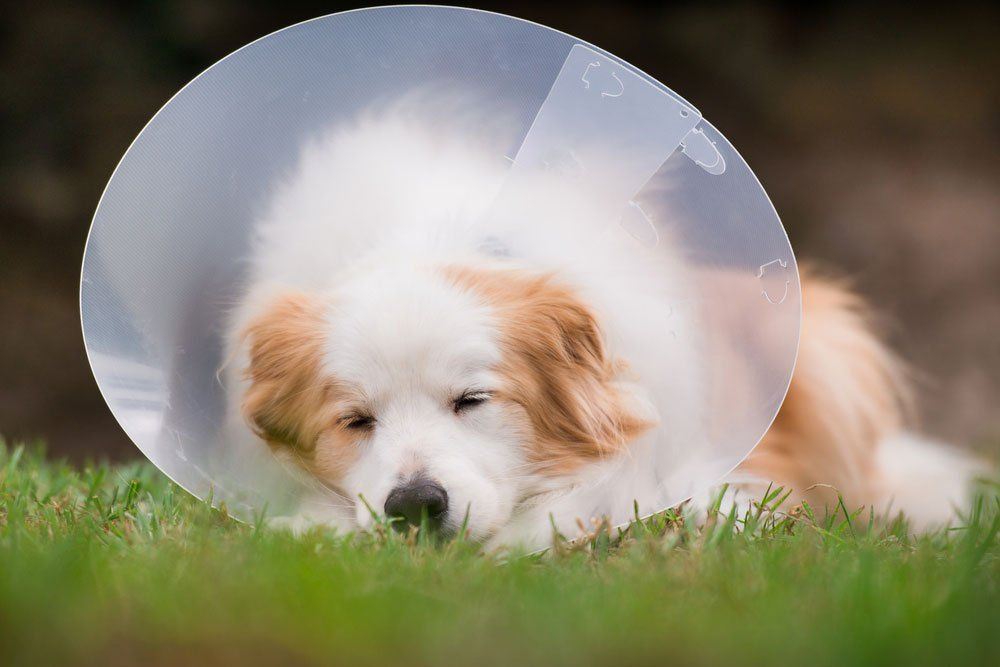Pet Desexing Darwin
What is Desexing?
Desexing is a surgical procedure performed by a vet. It involves sterilisation of an animal to prevent breeding. For females, the uterus and ovaries are removed and for males, castration or neutering by removing the testes during the desexing procedure.
Benefits of Desexing Your Pet
- Better health: An animal that's desexed is usually less likely to suffer from disease or illnesses, like mammary cancer, uterine infections, or prostate problems.
- Decreased roaming or injury: Desexing can help resolve problematic behaviours. Males that aren't desexed are more likely to roam, be aggressive, and mark territory with urine, while females easily mate or could experience false pregnancy. As desexing reduces an animal's desire to roam, it will also prevent injury resulting from a fight or an accident.
- No unexpected surprises: Prevent unwanted pregnancies by desexing your females. Over 125,000 unwanted animals find their way to the RSPCA each year, many of whom are the result of unplanned pregnancies. It's important to desex your dogs or cats before they reach their childbearing age: 6 months for dogs, and 4 months for cats.
- Saves money: Desexing's an economical choice that will likely save you money in the long run, as you likely won't need to spend on more expensive or invasive procedures in the future.
- Longer life: According to research, desexed animals live longer than animals who are not steralised.
Importance of Desexing
Pet desexing doesn't just benefit them, it also leads to positives for you and the wider community. We know that desexing boosts your pet's health and happiness. They won't be at risk of illnesses or problems associated with breeding, or of running into injury as a result of roaming. When you have your pet desexed, you'll also have peace of mind knowing your pet won't display typical breeding behaviours and will spend more time where you want them to be - with you!
Desexing is also important for managing the community population of cats and dogs. As without desexing cats can become pregnant as early as four months of age. Pregnancies can result in large litters, and the more roaming animals on our streets, the more opportunity for further pregnancy and excessive breeding. This doesn't just put these animals at risk; it also impacts the safety and welfare of our local wildlife. Reduced aggression and decreased urges to roam protect our native animals from predation - and that's something we can all support.
Book Your Pet's Desexing Procedure Today
If you're unsure whether desexing is right for your pet, our friendly team at Litchfield Veterinary Hospital is happy to discuss your situation and provide quality, honest advice. We have extensive professional surgical experience, so you can be confident your beloved pet will be in the safest of hands. Contact us today on 08 8983 2838.


